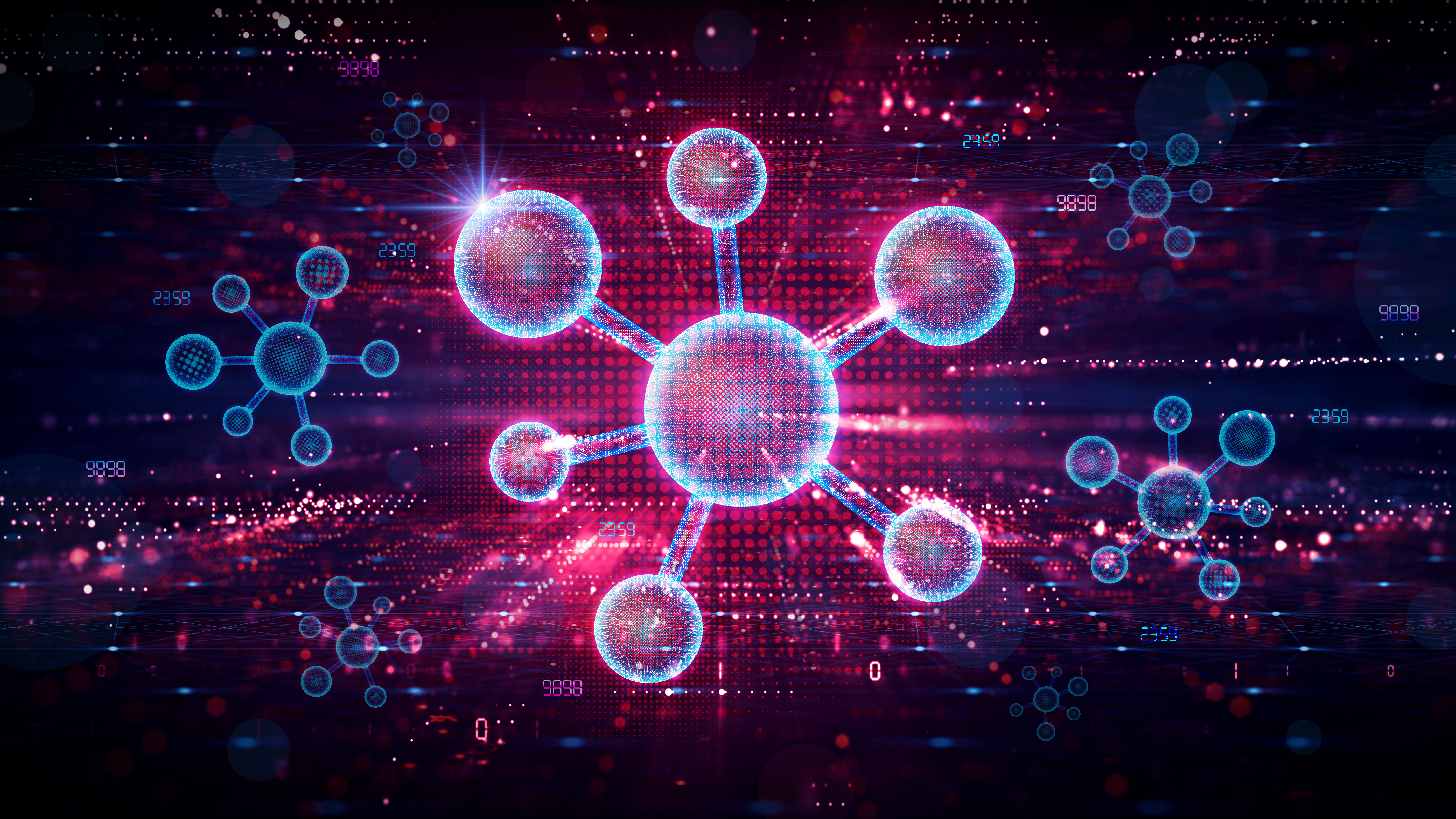ENVIRONMENTAL
Enviro-informatics focuses on applying computer science, data science and chemistry to answer environmental science questions. The use of informatic techniques such as data curation, collection, storage, manipulation and presentation aid the development of the environmental research field.
Enviro-informatics studies collect vast amounts of data, which can be analysed and visualised to allow for the most informed decision-making. Methods like remote sensing and statistical risk analysis are data-focused studies which benefit from the employment of cheminformatics. Modelling and simulation of chemical, biological and environmental systems also allow for the optimisation of processes, to benefit the environment.
From atomic level to functional material scale, enviro-informatics has aided areas of research such as pollution mitigation, waste management, greenhouse gases, ecosystem monitoring, water quality management, renewable clean energy resources, and forecasting natural disasters such as wildfire spread.
Artificial intelligence (AI) has been integrated into enviro-informatics research to aid sustainability. A report from Microsoft and PwCon “How AI can Enable a Sustainable Future” predicts that using AI for environmental applications can provide early warning signs of illegal deforestation saving up to 32 million hectares of forest globally by 2030, and also has the potential to reduce global greenhouse gas emission by around 1.5 - 4.0% by 2030, using satellite data and ground based sensors as data sources.
Whilst discussing the pro’s of using AI for environmental studies, it would be one-sided to not mention the environmental concerns that come along with it. Although considered a game-changer for the acceleration of innovation, the use of AI (including for cheminformatics studies) does give rise to concerns about its environmental impact. It is important to keep in mind the development, maintenance, and disposal of AI usage, and the carbon footprint that comes along with it. We understand that being responsible with our usage of AI is very important and think this is a great opportunity for the innovation of new and more energy efficient AI algorithms.









-3.png)





